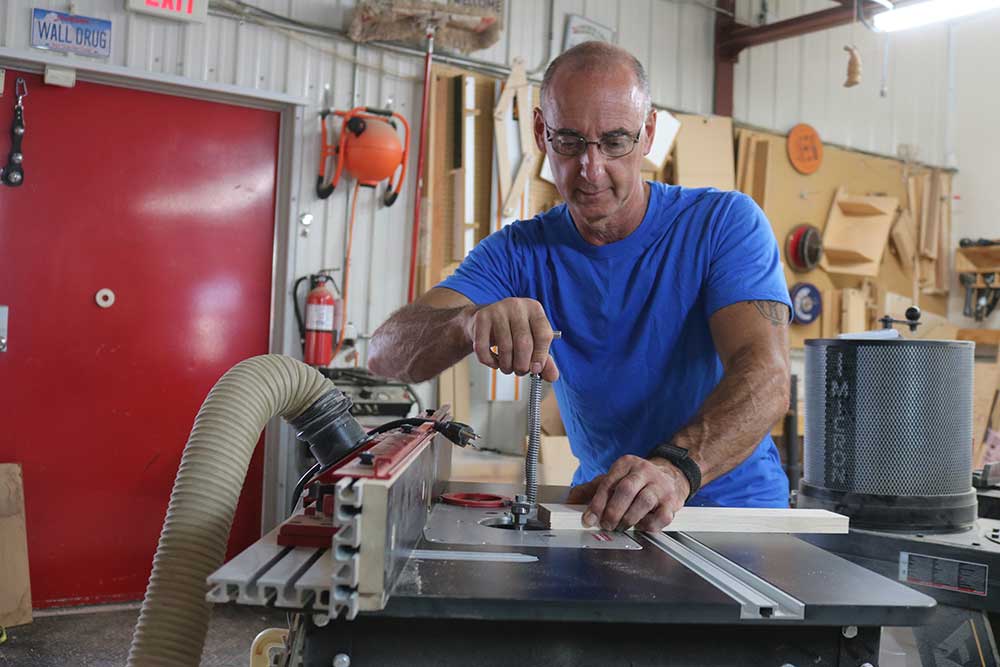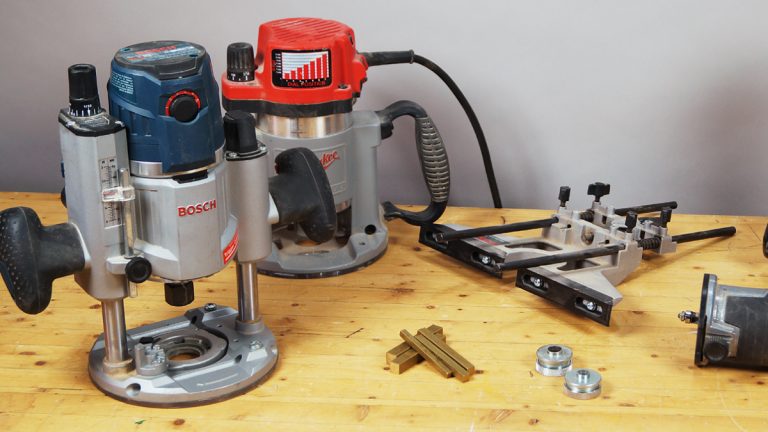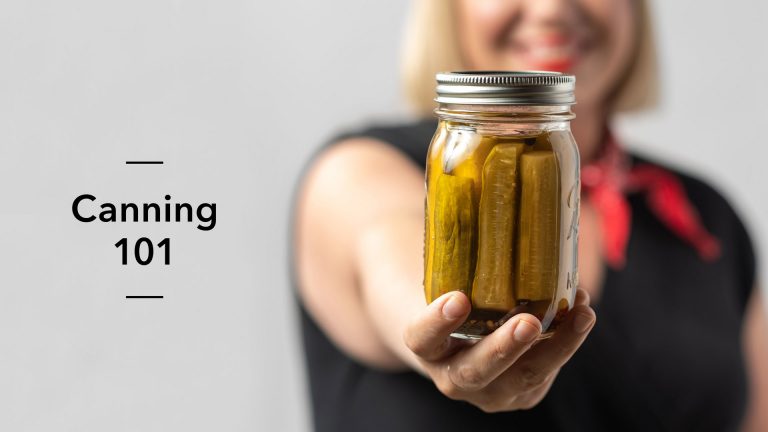
Make Quality Doors
George Vondriska
- In-depth Instruction; over 158 mins
- On-demand video access anytime
- Bonus downloadable PDF resources
- Access to class Q&A
- Available for purchase: $39.99









Many projects call for doors, from kitchen cabinets to vanities to jewelry armoires. There are a variety of ways to make doors, and this class will help you choose an approach that lends itself best to your woodworking skills and your tools. Regardless of which of our techniques you choose, you’ll create doors that will stand the test of time.
The router table provides a great way to make frame and panel doors. You might choose to use reversible rail and stile bits, two-piece sets, vertical or horizontal panel raisers. We cover them all in this class, providing you with tips to simplify set up, use the bits safely, and make sure the cope and stile joints are a perfect fit.
SMALL-SCALE DOORS
Cabinet doors are one thing. Scaled-down doors for smaller projects are something else. This class provides you with buying advice so you can match your router bits to the stock you’re working with, and provides approaches for safely machining smaller door parts on the router table.
UNIQUE STYLES
Frame and panel doors may not always be the best choice for your project. Bead board, a form of home siding, provides an attractive door alternative, when used correctly. Some projects may call for paint grade doors, and mdf is a great choice for these doors. Painting mdf and getting a seamless finish can be tricky, so we’ll take you through the process.
CATHEDRAL DOORS
Many woodworkers aspire to make cathedral, or arched top, doors, but are concerned about the “freehand” cutting required to shape the panel and upper rail. With the tips and tricks we provide for cathedral doors, and a little practice, you’ll be comfortable making these doors in no time.
In addition to the detailed video instruction you’ll receive, this class provides you with some downloadable resources and helpful information to print and keep, including: A detailed Class Guide you can follow and use as a reminder for the key steps of the class instruction; and source references for the tools and material used in the class.
George Vondriska
Formally trained in technology education, George Vondriska has been teaching woodworking since 1986. He has been the managing editor of Woodworkers Guild of America since 2007. In addition to classes at his own Vondriska Woodworks School, George teaches at woodworking shows across the country and has taught woodworking for the Peace Corps, Andersen Window, Northwest Airlines and the Pentagon.

Bonus materials available after purchase
What is the “Purchase” option all about?
If I’m a paid Premium or Gold Member of Craftsy, do I need to purchase the Class to have access?
How do I know what the Class covers?
Do I have to be a Member of Craftsy to purchase a Class?
How do I “Purchase-to-Own” a Class?
How do I access/view my Class?
Is there a limit on the times I can view my Class?
Can I view a Class on my tablet device or mobile phone?
How do I get access to the Bonus Materials for the Class?
How does the Class Discussion benefit work?
Can I print out Class Bonus Materials?
Are there any system requirements to view the Class video content?
Can I get a refund if I don’t like the Class?
Premium Membership
Unlock exclusive member content from our industry experts.
- 24/7 Access to Over 2,000 Premium Classes and Hundreds of Instructional Videos Across 20+ Categories
- Extensive Library of Downloadable Patterns and Recipes
- Stream and Download Classes Anywhere with the Craftsy App
- Share Your Membership with up to 3 Friends or Family Members
- Access to Ask the Expert Program
- Admission to Exclusive LIVE Streaming Virtual Events
Unlock exclusive member content from our industry experts.
- 24/7 Access to Over 2,000 Premium Classes and Hundreds of Instructional Videos Across 20+ Categories
- Extensive Library of Downloadable Patterns and Recipes
- Stream and Download Classes Anywhere with the Craftsy App
- Share Your Membership with up to 3 Friends or Family Members
- 2 Full-Length Classes to Keep in Your Account for Life
- Access to Ask the Expert Program
- Admission to Exclusive LIVE Streaming Virtual Events
Gold Membership
$449 Value
Get everything included in Premium plus exclusive Gold Membership benefits.
- 24/7 Access to Over 2,000 Premium Classes and Hundreds of Instructional Videos Across 20+ Categories
- Extensive Library of Downloadable Patterns and Recipes
- Stream and Download Classes Anywhere with the Craftsy App
- Share your Membership with up to 3 friends or family members
- 8 Full-Length Classes of Your Choice to Keep in Your Account for Life
- 10 Patterns, Guides, or Recipes of Your choice to Download to Your Devices
- 20% off Purchase-to-Own Classes in the Craftsy Shop (Select Classes Only)
- Access to Ask the Expert Program
- Exclusive GOLD LIVE Virtual Events
Purchase Class
Purchase class and add to your personal library with on-demand video access.
- Enjoy on-demand video access to this content anytime, anywhere for the one-time cost below.
- You won’t lose access, with or without an active current Membership

Make Quality Doors
with George Vondriska





























